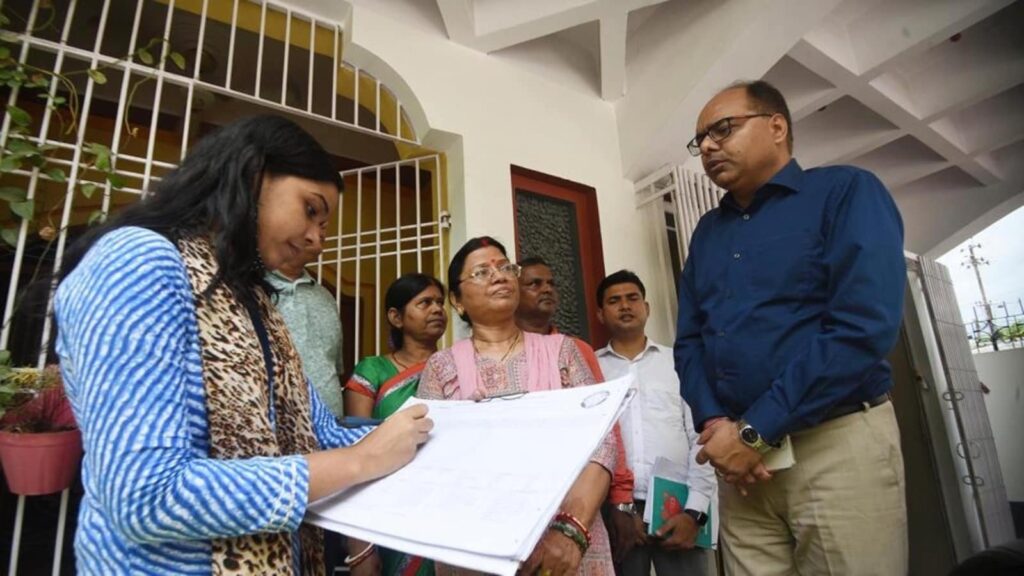The Patna high court (HC)’s decision to greenlight the caste-based survey in Bihar, dismissing petitions filed by a group of individuals and organisations, is a clear boost for the state’s ruling alliance of Mandal giants, Rashtriya Janata Dal and Janata Dal (United), as it gives them a lever to fashion an election strategy ahead of the 2024 polls. Though a longstanding demand by many marginalised caste groups — Independent India has never successfully counted its castes, and the sole 2011 attempt was abandoned due to alleged irregularities in data collection and management — the demand for a caste census has grown louder in recent years. This has been fuelled by an Opposition plan of countering the Bharatiya Janata Party (BJP)’s model of welfare, nationalism and religious polarisation through a social churning over caste, in much the same way that heartland politics in the 1980s-90s were defined by polarisation around the Ram Janmabhoomi movement and the agitation around the Mandal committee report. Implicit here is the desperation of the Opposition to win back a significant chunk of backward communities who have shifted to the BJP and have been instrumental in the ruling party’s sweep of the heartland. In that sense, the Bihar survey and the demand for a nationwide survey is the second iteration of a stillborn attempt in 2019 to revive the Mandal coalition by the alliance of the Bahujan Samaj Party and Samajwadi Party.
The petitions before the HC sought to invalidate the survey on two main grounds — that only the Centre was competent to hold such a census-like exercise, and that the privacy of respondents was being violated by the survey as its results would be widely shared. On both counts, the HC sided with the state government, noting that it was satisfied with the safeguards announced by the administration, and the Centre’s decision to not carry out any caste-based enumeration did not preclude the state from initiating such an exercise. The court also affirmed the powers of the state government in ordering the survey. The case is likely to end up before the Supreme Court, but for now, Bihar is likely to finish the contentious exercise even as opposition parties in other states demand a survey of their own. Since the exercise began in January, there have been shifts in the Opposition space; 26 parties have come together to form the INDIA alliance. So, if the social agenda of the National Democratic Alliance (NDA) has a push for the Uniform Civil Code (UCC) at its core, for INDIA, it’s the caste census. Both are far-reaching, and both are politically volatile. In some measure, it could well be Mandal vs Kamandal again.
Experience unrestricted digital access with HT Premium
Explore amazing offers on HT + Economist


